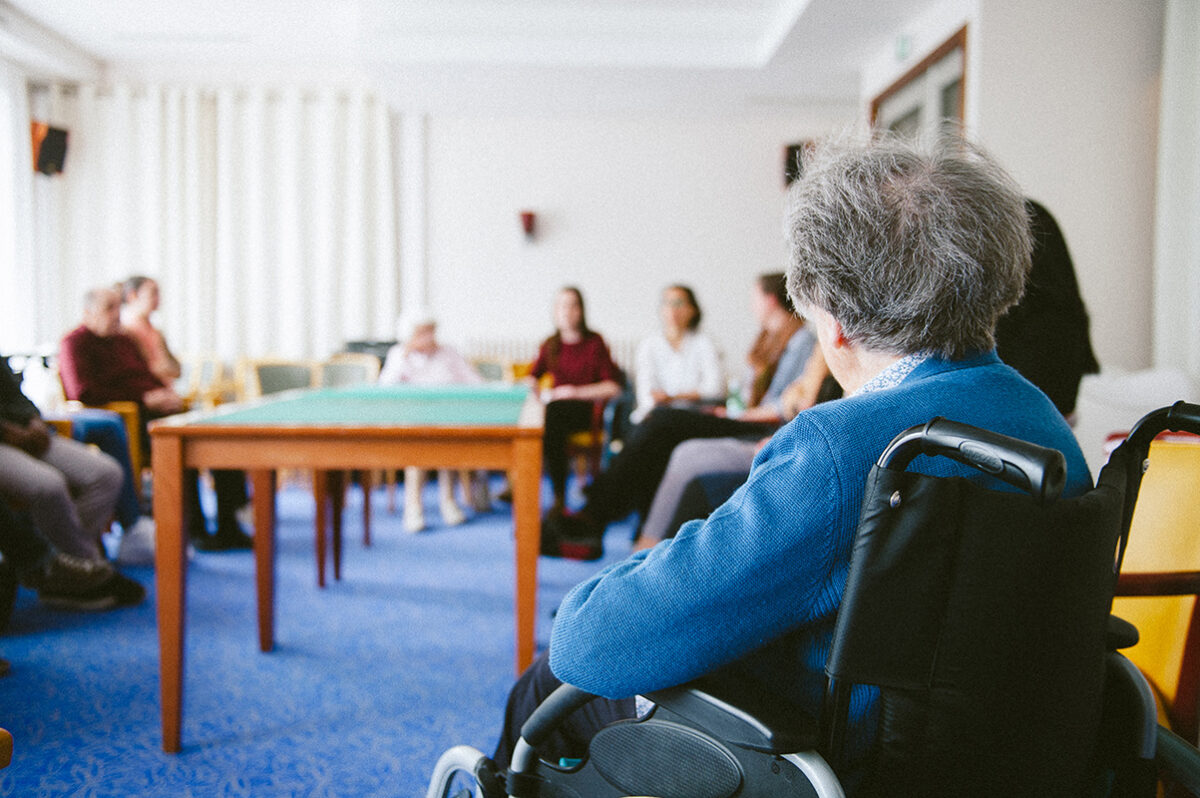Calling all retired nurses in Hawke’s Bay …
Pin on your badge and come back to work in an aged care facility – even if only for one or two days a week.
That’s the shout out from those working in aged care in Hawke’s Bay as the national shortage of registered nurses in the sector bites hard here too.
There are currently between 50 to 60 vacancies for registered nurses to work in aged care facilities across HB, says Greg Pritchard, the region’s representative on the National Aged Care Association.
Recent reports in national media claim elderly Kiwis are languishing in hospital or at home with family unable to properly care for them because rest homes, struggling with nursing shortages, have stopped admissions.
The country’s first aged care commissioner Carolyn Cooper —a watchdog created by the Government in February — is now warning that better pay for nurses is urgently needed to ease a crisis that’s left the aged care sector short around 1,200 nurses.
“The crisis is certainly happening here in Hawke’s Bay too,” says Pritchard, “but we haven’t had to close any beds. We are managing with good co-operation between facilities.
“Nurses are moving around between organisations and there are good lines of communication across the sector. We’ve also got nurses doing double-shifts if they are needed and as long as there is no compromise of care.”
There are 28 aged care facilities across HB including those run by corporates such as Oceania, Ryman, Bupa, Arvida and Summerset, as well as independent businesses. Between all of these, there are a total of 1,300 beds in Hawke’s Bay currently occupied by an elderly person that requires ‘aged care’ nursing.
BayBuzz contacted Phil Harman, Regional Manager Operations for Oceania in Hawke’s Bay, for comment. He referred us to his national office. “But I can confirm that we are suffering the same shortages as other providers in the aged care market.”
A nurse working in a local aged care facility who didn’t want to be named says “Our nurse numbers are always down and the shortage reflects on residents. They see the nursing staff are short-staffed and they won’t ring the buzzer when they should.
“In aged care nursing you’re constantly chasing your tail.”
As an industry we are really struggling with pay parity, says Greg Pritchard who has worked in HB aged care for 15 years and is the Owner/Manager of Bryant House Rest Home and Dementia Care and Ascot Park Retirement Village in Taradale.
“For senior nurses there is between a $20,000 – $30,000 difference in pay between the private aged care sector and public hospitals. Yet nurses working in private aged care have a greater responsibility and greater workload than those in the public sector who have the back up of doctors and a clinical team.
“Our nurses are often the most senior people on an aged care site,” he says. “And they are often managing a team of nurses as well.
“Another problem is that the younger less experienced nurse graduates, as well as registered nurse immigrants coming into the country will work in aged care until they have the qualifications they need, and then they chase bigger money and a more exciting role in the public sector.”
Pritchard says we need to make it easier for registered nurses to come to NZ and get an NZ qualification “but then we also need to set up some sort of bond system so if we sponsor a nurse to NZ, we have a guarantee they will work for us for a minimum of two years”.
Another registered nurse (again who couldn’t give her name to BayBuzz “because comment has to come from head office”) has decided to leave a 23-year career in Nursing Business and Care, to work again more directly on the ground as a nurse. “There is such a need for nurses,” she says “particularly nursing in Dementia Care. We just don’t have the workforce required.”
She says as she gets older “I really want to give back to my community, and going back to more hands-on nursing is my way.”
She hopes some other HB nurses, retired or not, might follow her lead and do the same.
Public Interest Journalism funded through NZ On Air


Pay parity is of course a critical issue in aged care nursing, but so too, is the relative lack of support for advanced nursing qualifications.
Healthcare assistants are the backbone of this industry, they are une ones doing the day to day care and know the clients under their care the best . Sure registered nurses may be needed in these places but without the Healthcare assistants these resthomes would not be able to operate.